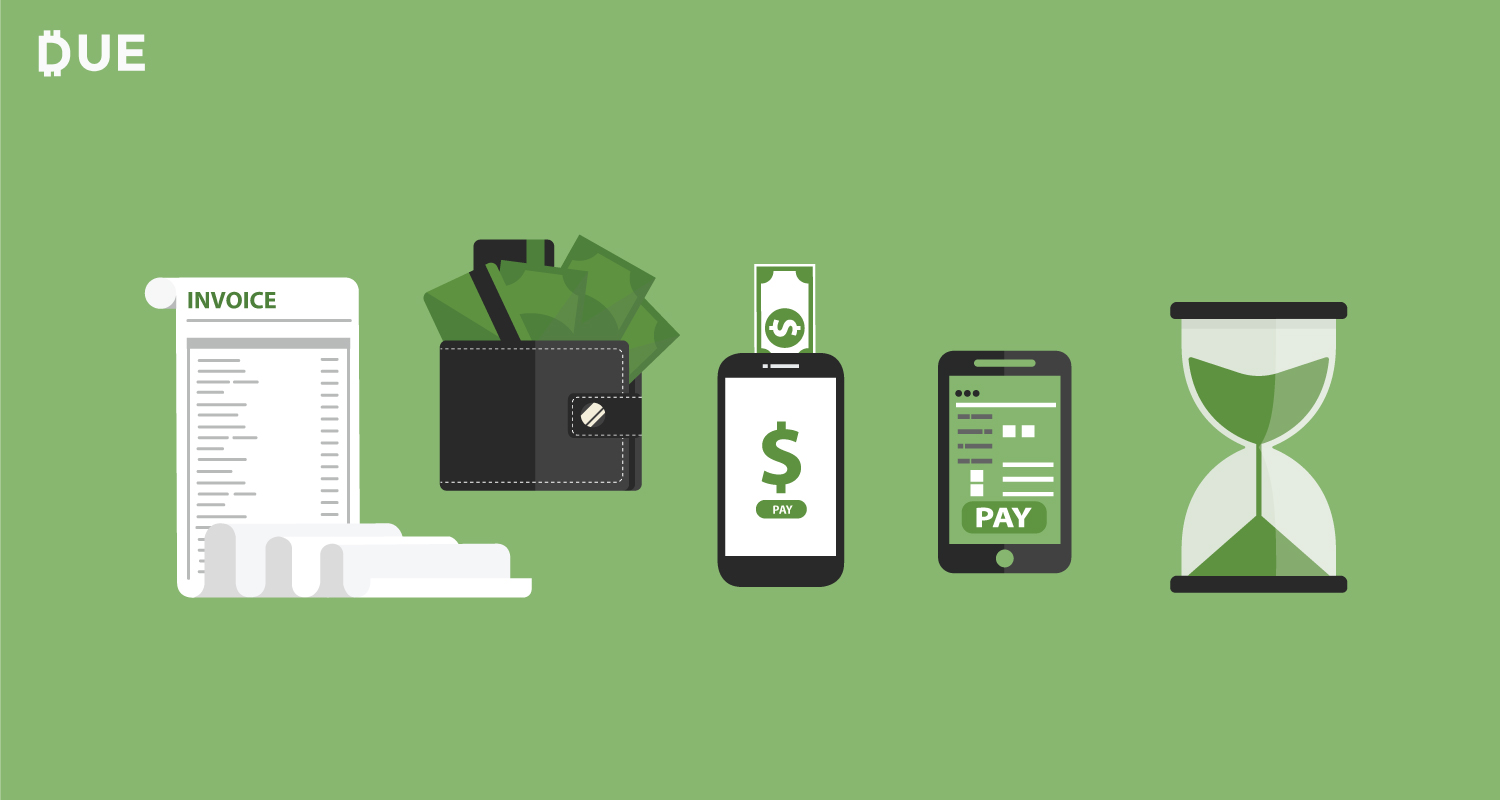Who isn’t swayed by the promises of a diet? By making a temporary, albeit uncomfortable change perhaps you can hit the reset button on your weight and start to feel better about yourself.
The hidden side of this is that for most people, it’s not sustainable. In fact, about 80% of people who diet end up regaining all of the lost weight back within a year.
The same thing holds true for your money. No-spend challenges are popular, but unless you can find a way to make them stick, they are just temporary band-aids. Instead, you need to look at something else entirely—your habits.
By developing healthy financial habits, you can aim for success in the long run—not just tomorrow or next month. These 6 healthy habits will help you achieve your long-term goals.
Table of Contents
ToggleCheck Your Finances First Thing Each Morning
The things you do first thing in the morning help set the tone for the rest of the day. So, why not take a peek at your finances each morning to orient yourself? You can look at your budget numbers, or just your bank account balance if you don’t currently have a budget (though creating a budget isn’t rocket science, we promise). This way, your money will be on your mind as you make spending decisions throughout the day.
The key to maintaining this habit is to find something that works for you. Maybe you prefer to scope out your money using an app on your phone, a software program, a DIY spreadsheet, or even just old-school pen and paper. Find what works for you and keep at it.
Set Up Automatic Savings
Remembering to save money can be such a hassle. You have to log into your account, set up the transfer to your savings account, and then wait.
Instead, why not try setting up a recurring draft into your savings account? Or better yet, use your Chime debit card to pay for a purchase and save without even thinking about it. Your debit charge will automatically be rounded up to the nearest dollar, and the difference will automatically be deposited into your savings account.
Calculate the Cost of Purchases in a Different Way
How do you decide whether to make a purchase or not? You probably try to figure out whether you can afford it by looking at how much money you have in your bank account, right?
Instead, challenge yourself to think in a different way each time you make an optional purchase. My favorite way to do this is to calculate how many hours I had to work to buy something.
For example, if your hourly wage works out to $10/hour and something costs $100, would you be OK with trading 10 hours of your life for that purchase?
Do One Thing Every Day That Scares You
This good habit is more than just a great quote. Fear is often one of the constant drivers of our behavior, and generally not for the better.
By committing to stepping outside your comfort zone, you can gradually become less fearful. I like to think of it as desensitization therapy, as if you had arachnophobia, for example. By gradually exposing yourself to the scary thing, you start to realize that it’s not that scary after all.
Losing your fear and gaining courage helps you with every aspect of your life, including financial matters. Maybe you’ll be braver when asking for a raise, or sticking up for yourself when an institution is charging you outrageous fees.
Have Regular Money Dates With Your Significant Other
No one likes talking about money with their significant other. Instead, why not try to make it a fun event that you both look forward to? Pick your beverage of choice—wine, beer, etc.—and set a date to check in on your financial progress.
Have you set any shared financial goals? If not, this is a great time to think about the future, or check in on your plans if you’ve already made goals. What can you be doing to move forward? What have you been doing well lately?
Setting regular money dates—say, once a month—can reduce your stress by keeping you both on the same financial page.
Set SMART Savings Goals—and Come up With a Plan to Reach Them
You’ve probably heard of SMART goals—specific, measurable, achievable, realistic, and timely. But have you actually done that with your own financial goals? If not, they’re not really goals. They’re just wishful thinking.
Instead, make a habit of setting SMART goals. Then, come up with a plan to meet them. If you want to save 10% of your income towards retirement each month, what can you do to get there? Can you analyze your budget to make sure you have that kind of cash to save up? Can you automate your savings so you don’t even have to think about it?
Setting SMART goals with plans to achieve them is the best way to hit your financial goals.
The Bottom Line
How many times have you petered out just a few months into the year after making a New Year’s resolution?
Instead, try committing to these healthy financial habits. Your wallet, your health, and your family will thank you for it.
















